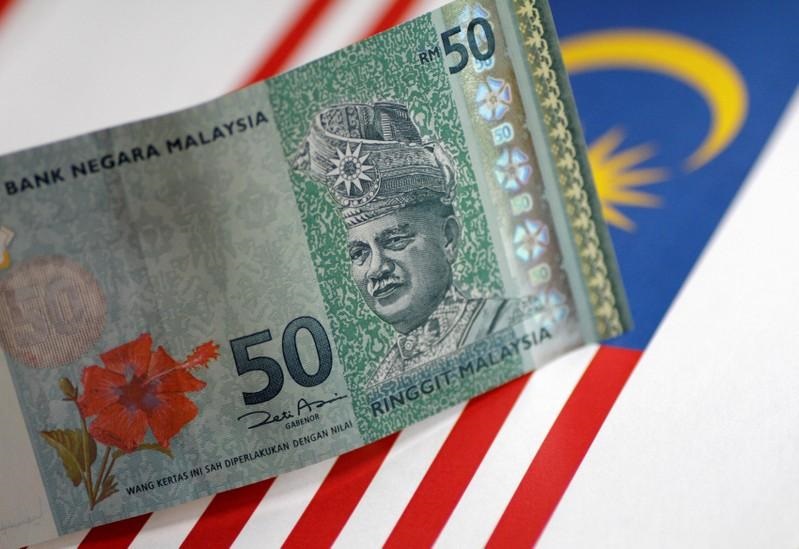PETALING JAYA: Budget 2020, which was tabled by Finance Minister Lim Guan Eng last Friday, has been largely seen as one that will help drive Malaysia’s economy towards achieving the goals of shared prosperity set out in the 12th Malaysia Plan.
The theme of this year’s budget was “Driving Growth And Equitable Outcomes Towards Shared Prosperity”, which aims to bring stability to the government’s finances.
Monash University Malaysia vice-president of research & development and Monash Malaysia R&D Sdn Bhd CEO Professor Mahendhiran Nair said he believed the federal government’s budget proposal was the best one put forward, given the volatile global climate.
“I think stabilisers have been put in place, as the government is cautiously optimistic due to the volatile global climate and I think the budget that was presented was the best that they could do given these circumstances,” he told SunBiz.
RHB Bank Bhd’s head of Asean economics research Peck Boon Soon said the proposed incentives would likely help stimulate the economy.
“It is still dependant on how the global economic situation pans out, but if things do not worsen, then it will have a positive impact on private investment,” he told SunBiz.
Meanwhile on the fiscal side, the government projected a deficit of 3.2% of GDP, missing its original 3% target. Expenditure is also expected to increase 6.2% in 2020, while revenue has been budgeted to increase 4.8% to RM244.5 billion.
Another economist told SunBiz that while the budget proposed good measures, it remained to be seen how it would pan out over the long-term.
“It seems like they have given small allocations to cover every segment of the economy, but I am concerned that the budget is still at a deficit, and there were hardly any measures announced that would increase collections,” he said.
Some of the key incentives included raising the minimum wage to RM1,200 per month, RM1 billion worth of investment incentives to attract Fortune 500 companies and global unicorns, automation incentives for SMEs and the Malaysians@Work initiative aimed at creating better employment opportunities for youth and women and reducing over-dependence on low-skilled foreign workers.
Mahendhiran explained the number of incentives targeted towards the middle- and low-income brackets would not only help increase disposable income, but also help to stimulate savings.
“Things like raising the minimum wage, coupled with the other fiscal incentives will allow people to be self-sustaining and scale up and move up the value chain quickly, which is necessary as our economy is changing. It is a natural transition that will have to happen over the next three to five years,” he said.
Peck also echoed the same sentiments, saying he believed that an increase in the minimum wage would likely help improve living standards for people.
Wong & Partners tax practice partners Adeline Wong, Yvonne Beh and Krystal Ng said they welcomed the new incentives to promote high-value added activities in the electrical and electronic (E&E) industry.
“The budget emphasises measures that encourage the growth and development of the digital economy in line with global digitalisation trends. These measures are progressive and demonstrates Malaysia’s commitment towards digital transformation, and are welcomed as they stand to move Malaysia up the global value chain, boost domestic economy and create high quality jobs,” they said in a statement.










